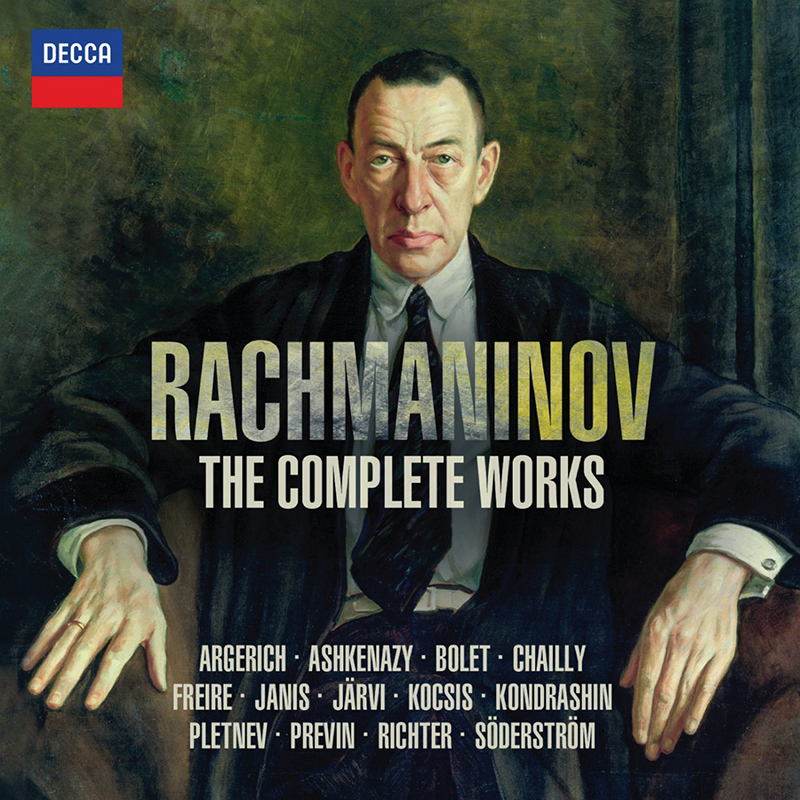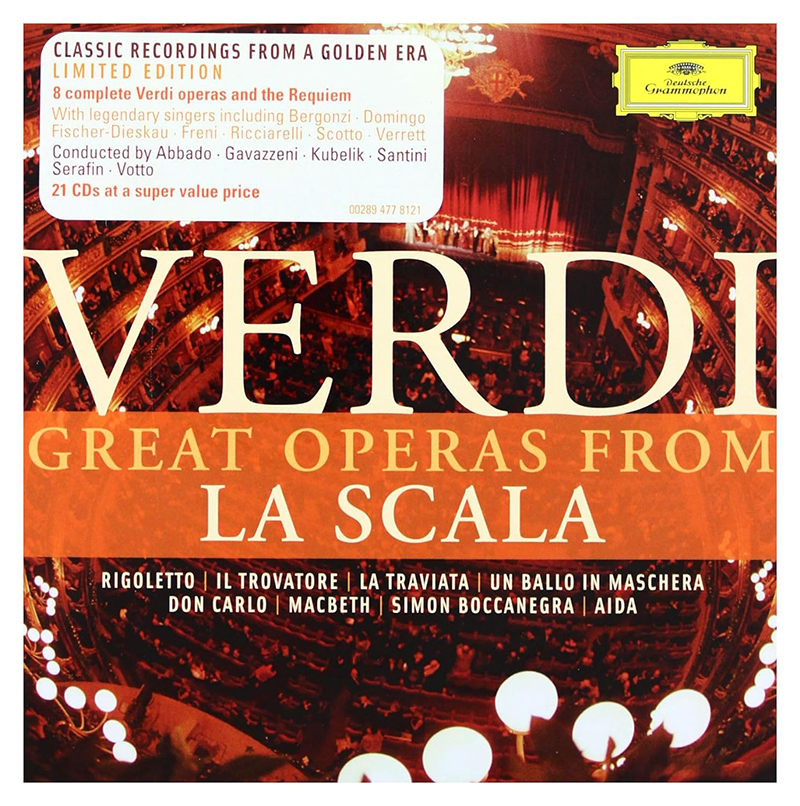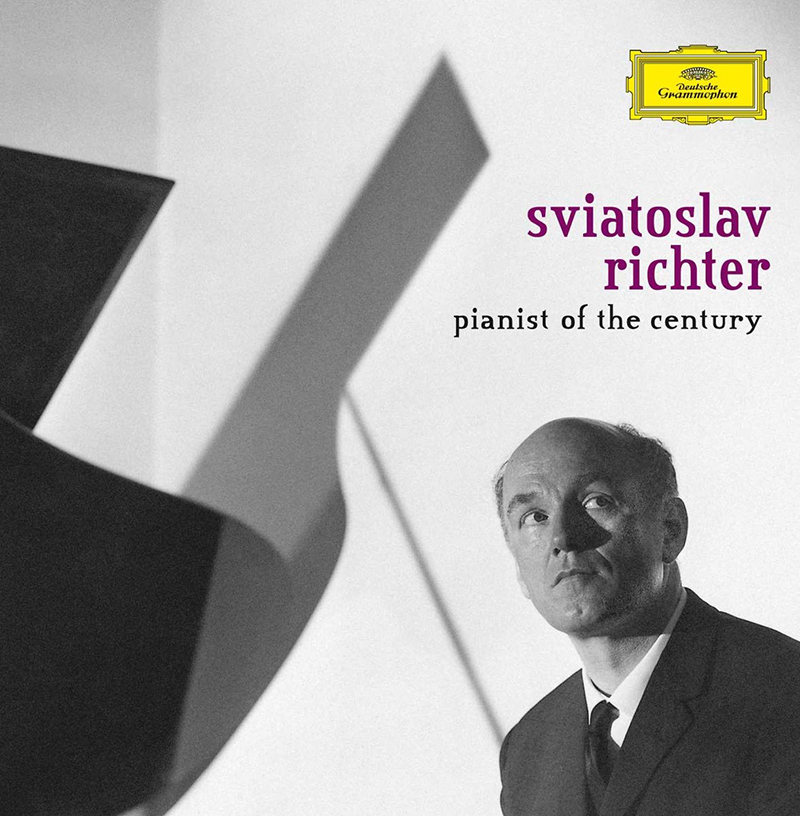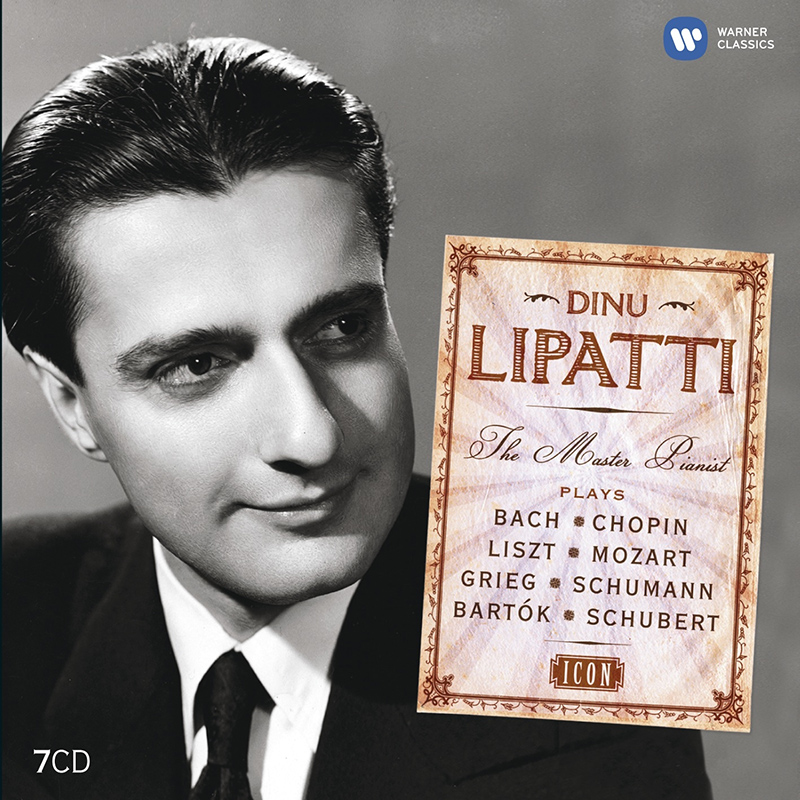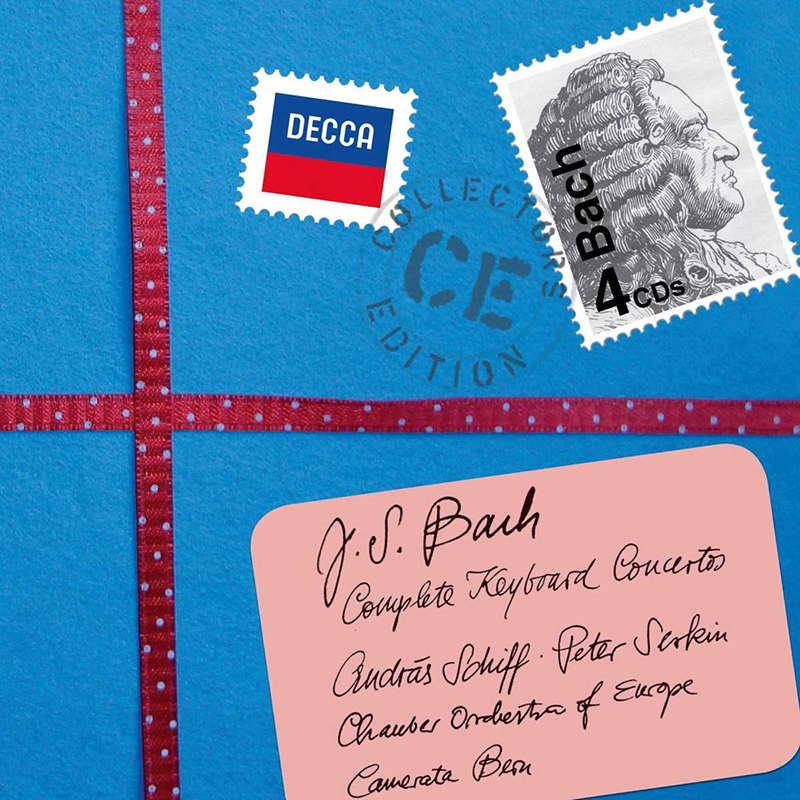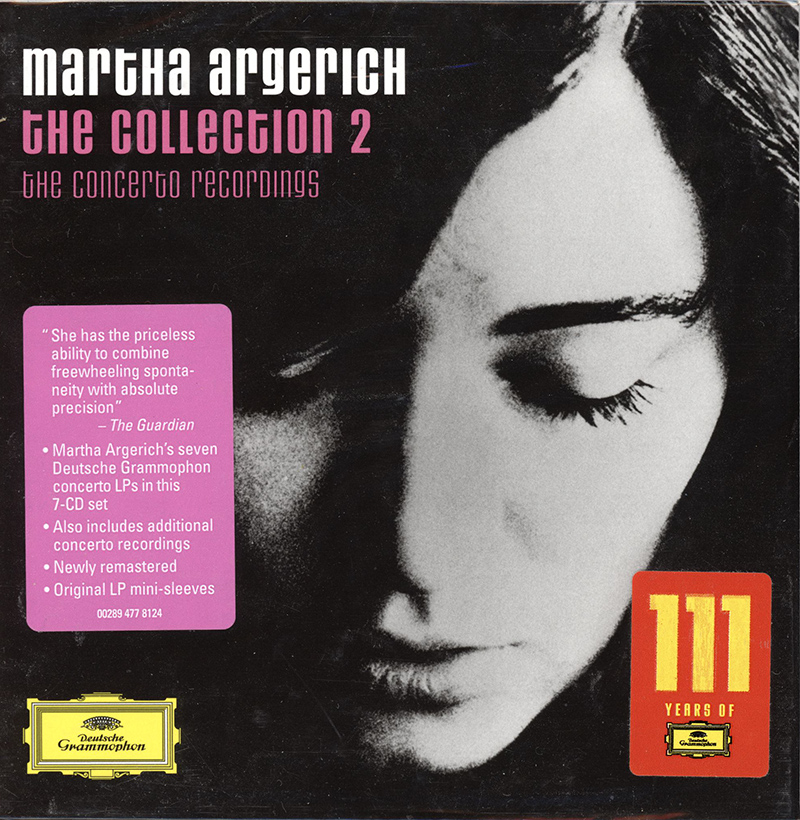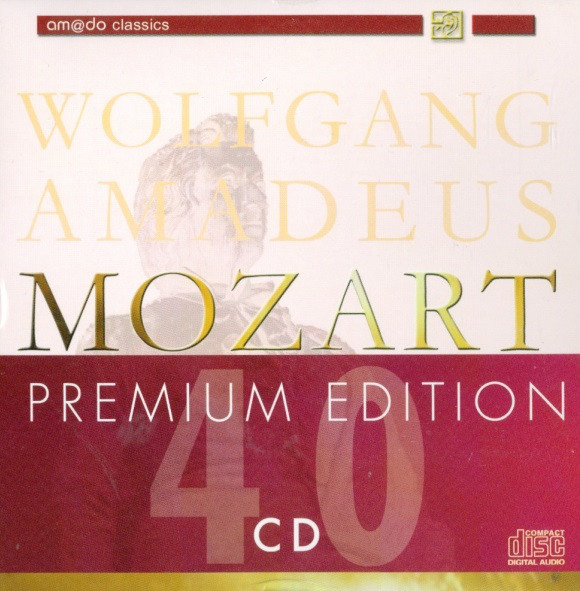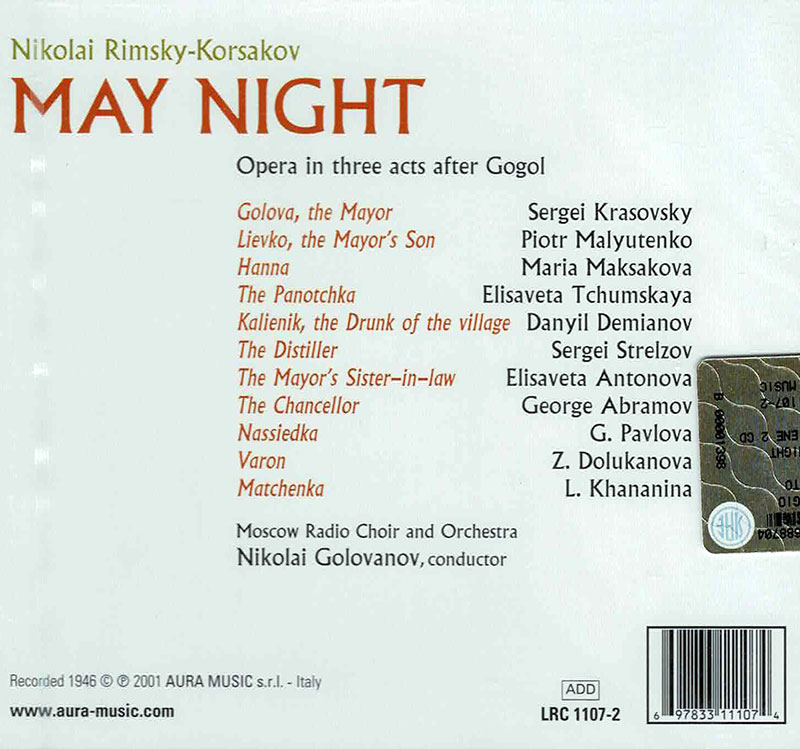Logowanie
KOLEKCJE!
BACH, CHOPIN, LISZT, MOZART, GRIEG, Dinu Lipatti, Otto Ackermann, Ernest Ansermet
The Master Pianist
PROKOFIEV, CHOPIN, TCHAIKOVSKY, SCHUMANN, BEETHOVEN, Martha Argerich, Claudio Abbado, Giuseppe Sinopoli
The Concerto Recordings
The Collection 2
Jakość LABORATORYJNA!
ORFF, Gundula Janowitz, Gerhard Stolze, Dietrich-Fischer Dieskau, Deutsche Oper Berlin, Eugen Jochum
Carmina Burana
ESOTERIC - NUMER JEDEN W ŚWIECIE AUDIOFILII I MELOMANÓW - SACD HYBR
Winylowy niezbędnik
ClearAudio
Essence MC
kumulacja zoptymalizowana: najlepsze z najważniejszych i najważniejsze z najlepszych cech przetworników Clearaudio
Direct-To-Disc
PIAZZOLLA, ChamberJam Europe
Tangos del Ángel y del Diablo
Direct-to-Disc ( D2D ) - Numbered Limited Edition
RIMSKY-KORSAKOV, Sergei Krasovsky, Piotr Malyutenko, Maria Maksakova, RTV Symphony Orchestra Moscow, Nikolai Golovanov
May Night
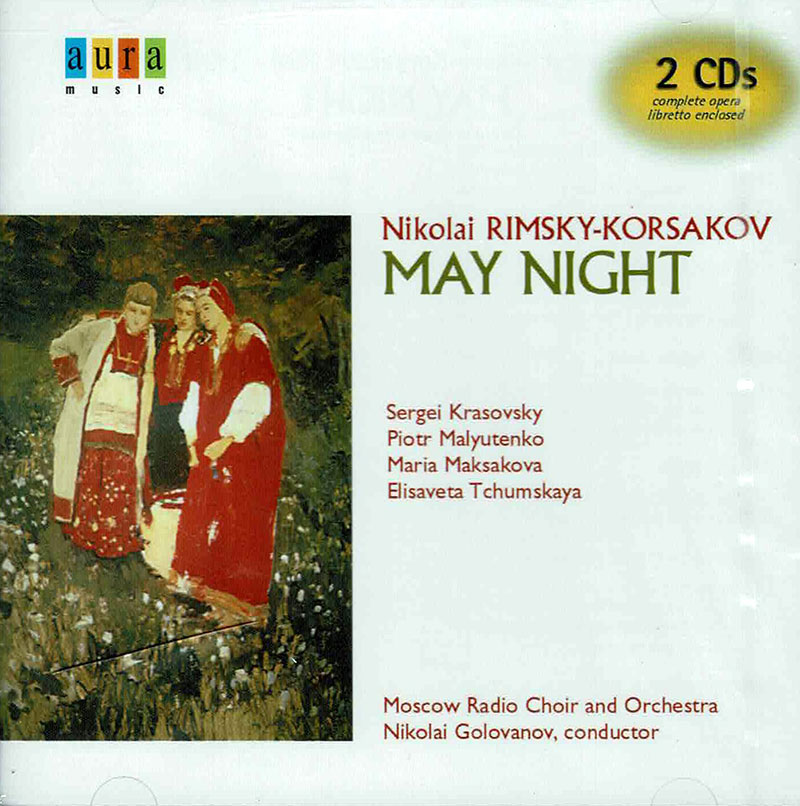
Bass Vocals [Golova, The Mayor] – Sergei Krasovsky Bass Vocals [Kalienik] – Danyil Demianov* Bass Vocals [The Chancellor] – George Abramov* Chorus – Moscow Radio Choir* Composed By – Nikolai Rimsky-Korsakov Conductor – Nikolai Golavanov* Mezzo-soprano Vocals [Hanna] – Maria Maksakova* Mezzo-soprano Vocals [Matchenka] – L. Khananina Mezzo-soprano Vocals [Nassiedka] – G. Pavlova* Mezzo-soprano Vocals [The Mayor's Sister-In-Law] – Elisaveta Antonova* Mezzo-soprano Vocals [Varon] – Z. Dolukanova* Orchestra – Moscow Radio Orchestra* Soprano Vocals [The Panotchka] – Elisaveta Tchumskaya* Tenor Vocals [Lievko, The Mayor's Son] – Piotr Malyutenko Tenor Vocals [The Distiller] – Sergei Strelzov “Golovanov was born in Moscow on 21 January 1891 and died there on 28 August 1953. This was one year after he was stripped of his chief conductor role at the Bolshoi, the fate of those who fell from Komsomol favour. His conducting style is said to have helped shape both Samuel Samosud and Evgeny Svetlanov. What is the Golovanov style? None of the recordings I have heard are anything other than exciting. Every one of them is an event. He seems not to have had microphone nerves. If anyone had nerves it must have been the Melodiya engineers who had to accommodate the extremes he generated.” - Rob Barnett, MusicWeb International “In 1946 Maria Maksakova was awarded her first Stalin Prize ‘for outstanding achievents in opera and the performing arts’. Two more were to come, in 1949 and 1951. In 1953 Maksakova retired or, rather, was informed of her retirement, which came as an unpleasant surprise for a singer who kept herself in superb shape, both physically and artistically. Rumours had it that some people at the Bolshoi found it safe to settle old scores now that Stalin, her much-feared patron, was now dead; specifically, the name of Vera Davydova, another famous Soviet soprano, has been mentioned. After retirement from the Bolshoi, Maksakova joined Nikolay Osipov's Russian Folk orchestra as a soloist. With and without it, she continued performing and touring. In 1956 the Bolshoi invited Maksakova back, but her return was a one-off: she peformed as Carmen only, just to say farewell to her fans. Later Maksakova taught vocals at the Russian Academy of Theatre Arts, was the head of the Folk vocal school in Moscow, published articles and essays. She was the driving force behind the opening of the Conservatory in her native Astrakhan. Among her proteges was Tamara Milashkina, later an acclaimed singer on her own right. Only in 1971 she was given the title as ‘the People's Artist of the USSR’.” "…the smooth, vocal velvet of Dolukhanova’s tones and supreme technical mastery encapsulated even greater versatility combined with a rare ability to empathize with her audience….Few recitalists in my lifetime possessed her ability to mesmerize listeners into feeling they were the sole recipients of her song. That gift made her one of the most beloved of all Soviet singers, so that in her regular 1940s broadcasts on Russian radio she was able to introduce and popularize numerous new works by young composers – many of whom wrote music especially for her." - Vivian A. Liff, AMERICAN RECORD GUIDE, July/Aug., 2005 “[Dolukhanova’s] memorable records are all from her contralto period, and she must be reckoned as one of the greatest contraltos in gramophone history, a singer with an amazing coloratura agility, a nobility of style, and amazing versatility, ranging from Rossini to Shostakovich.” - Leo Riemens "[Dolukhanova’s] mezzo-soprano voice had a beautiful and characteristic timbre and a large range (two and half octaves), a rare combination for such a voice. Particularly impressive was her low register, full-throated, velvety, combined with light, bright coloratura. She had inspiration, intelligence, high musical culture, meticulous taste, poise and nobility in expression of feelings and precision of intonation, not to mention an elegant and attractive stage presence." - Larry Friedman, THE RECORD COLLECTOR, 2006 “Elisaveta Shumsyaya made a relatively late début on the leading stage of her home-town, but her success there was of all the greater duration. In the one and a half decades after the Second World War she developed into one of the most indispensable singers at the Bolshoi Theatre and also at the studios of the Russian record company Melodiya. With her light, easy but substantial soprano voice she participated in around a dozen complete opera recordings, mostly in works by Western European composers.” - Kurt Malisch, VOICES BEHIND THE IRON CURTAIN
